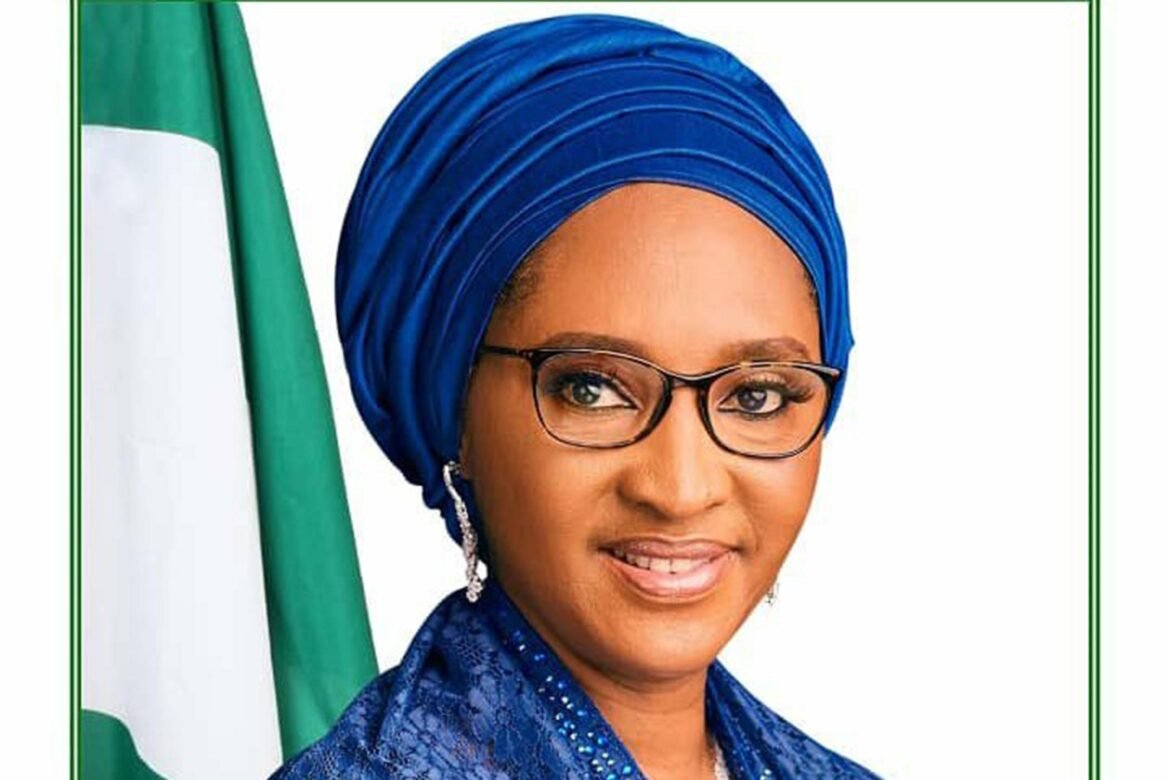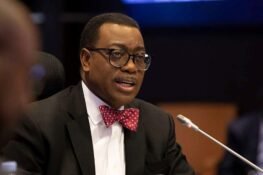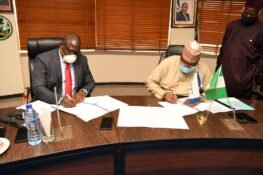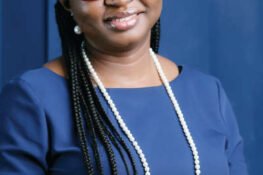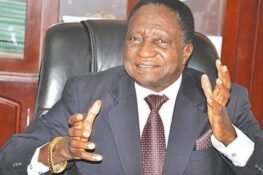The Nigerian government spent a total of N604, 187, 175, 6661.23 on domestic debt servicing in the third quarter of 2020. This is according to the latest figures released by the National Bureau of Statistics (NBS) on Thursday.
The debts service payments were for Treasury Bonds, FGN Bonds, FGN Saving Bonds, FGN SUKUK.
The government paid the highest amount in the month of September, spending a total of N276, 942, 935, 657.28 on debt serving.
READ ALSO: Senate Resumes, Approves Buhari’s N850bn Loan Request
It spent N104, 401, 985, 893. 38 in August and N222, 842, 254, 110. 62 in the month of July.
This is just as the country’s total domestic debt profile has risen to N32ttn.
NBS said, “Nigerian States and Federal Debt Stock data as of 30th September 2020 reflected that the country’s total public debt portfolio stood at N32.22trn.
READ ALSO: Nigeria ‘ll Continue To Borrow, Buhari Says, Justifies Debt Profile
“Nigeria’s total public debt showed that N12.19trn or 37.82% of the debt was external while N20.04trn or 62.18% of the debt was domestic.”
The Bureau said, “Further disaggregation of Nigeria’s foreign debt showed that $16.74bn of the debt was multilateral; $502.38m was bilateral (AFD) and another $3.26bn bilateral from the Exim Bank of China, JICA, India, and KFW while $11.17bn was commercial which are Eurobonds and Diaspora Bonds.”
